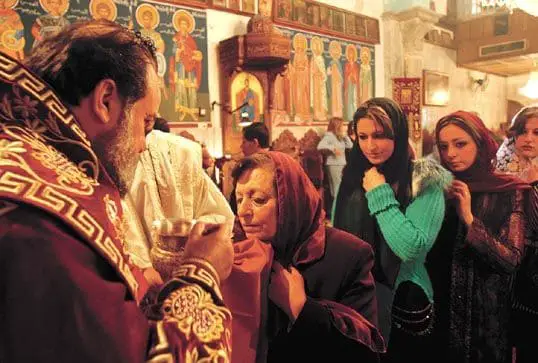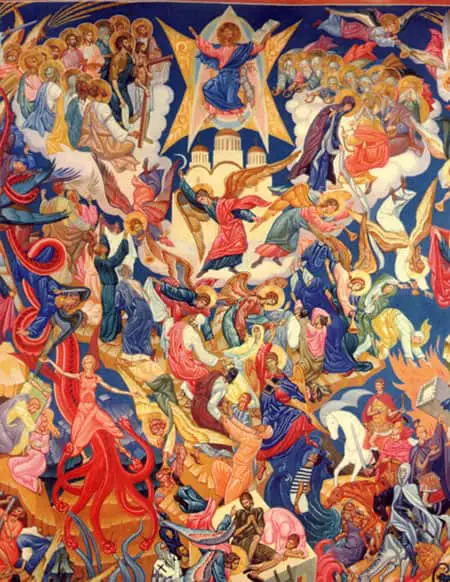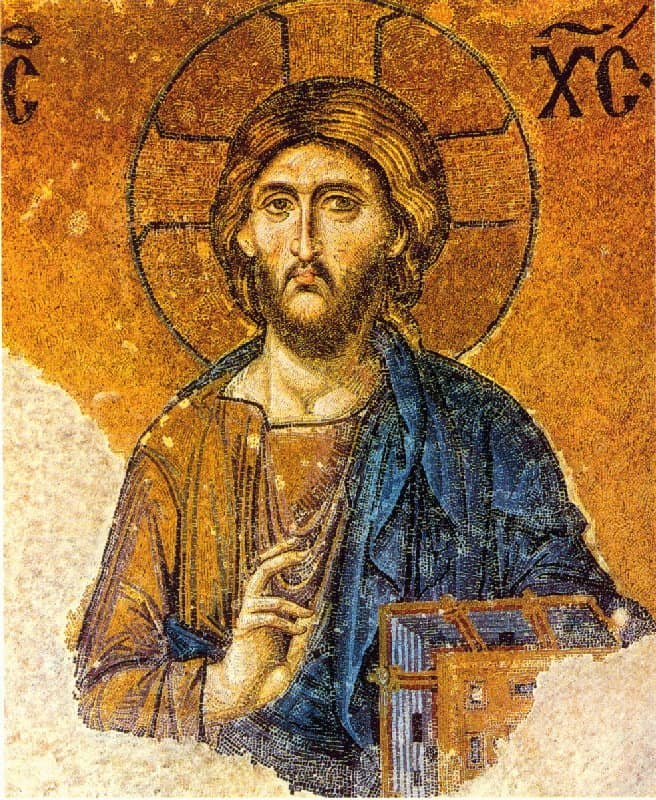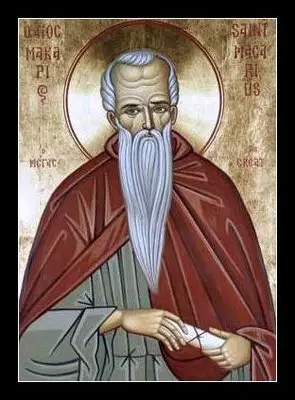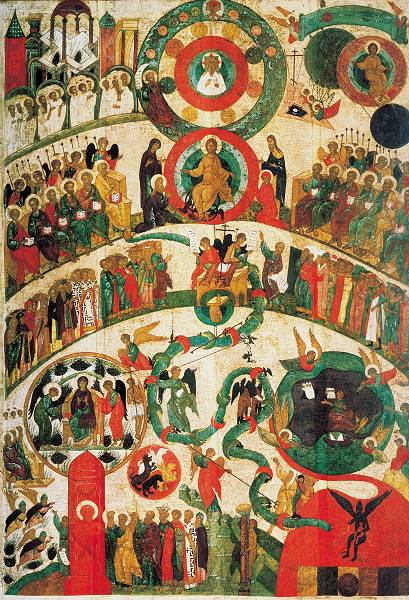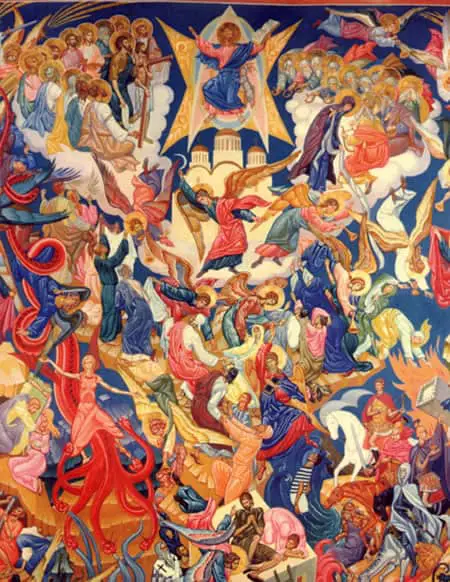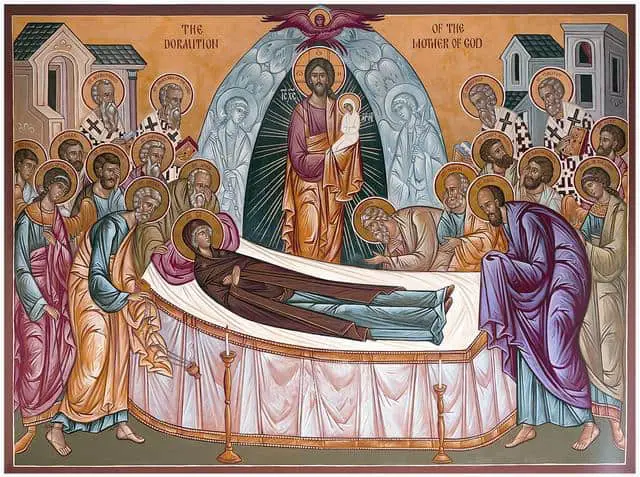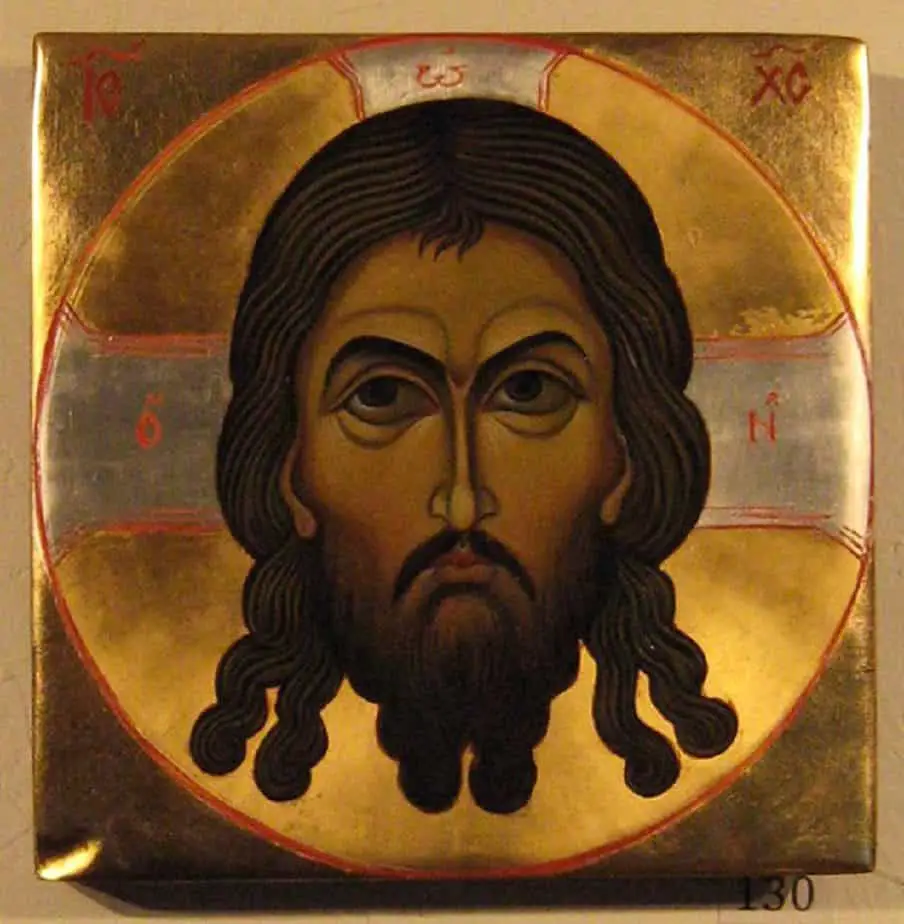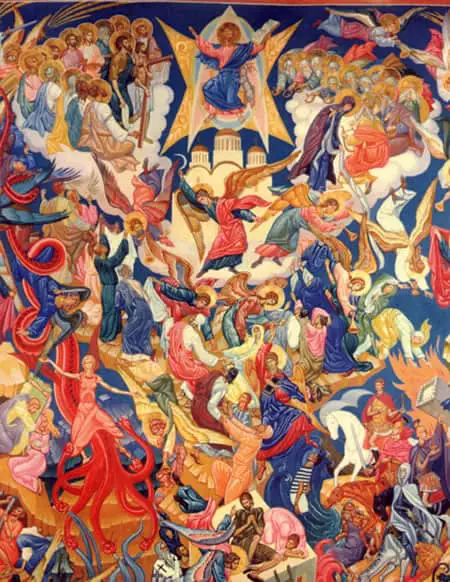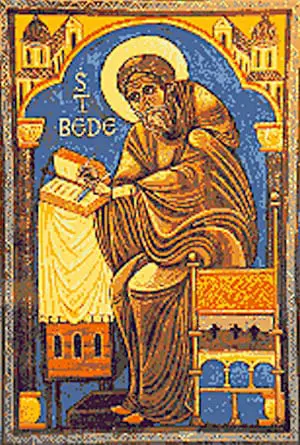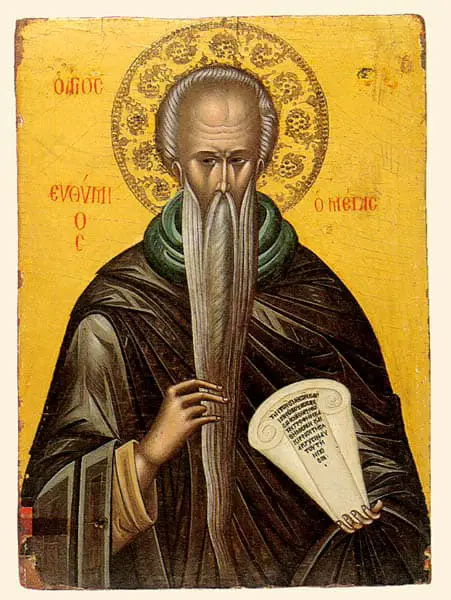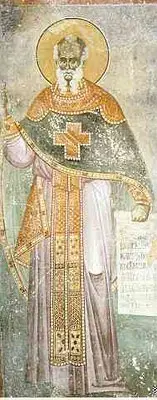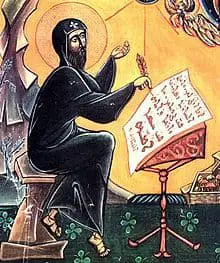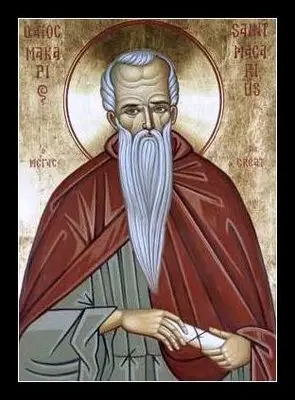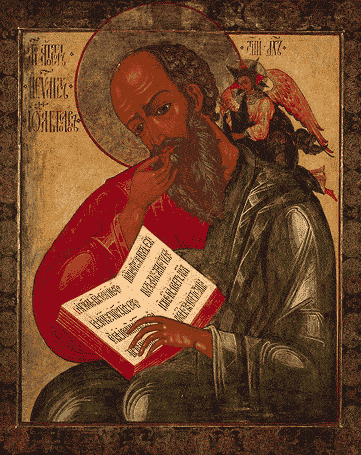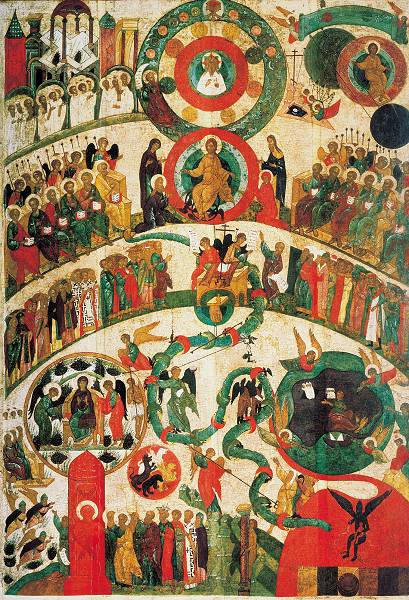Whilst Sigebert still governed the kingdom, there came out of Ireland a holy man called Fursey renowned both for his words and actions, and remarkable for singular virtues, being desirous to live a stranger for our Lord, wherever an opportunity should offer…he built himself the monastery, wherein he might with more freedom indulge his heavenly studies. There, falling sick, as the book about his life informs us, he fell into a trance, and quitting his body from the evening till the cock crew, he was found worthy to behold the choirs of angels, and to hear the praises which are sung in heaven. He was wont to declare, that among other things he distinctly heard this: “The saints shall advance from one virtue to another.” And again, “The God of gods shall be seen in Sion.” Being restored to his body at that time, and again taken from it three days after, he not only saw the greater joys of the blessed, but also extraordinary combats of evil spirits, who by frequent accusations wickedly endeavored to obstruct his journey to heaven; but the angels protecting him, all their endeavors were in vain. Concerning which particulars, if any one desires to be more fully informed, that is, with what subtle fraud the devils represented both his actions and superfluous words, and even his thoughts, as if they had been written down in a book…He also saw devils flying through the fire, raising conflagrations of wars against the just. Then followed accusations of the wicked spirits against him, the defense of the good angels in his favor, and a more extended view of the heavenly troops; as also of holy men of his own nation, who, as he had long since been informed, had been deservedly advanced to the degree of priesthood, from whom he heard many things that might be very salutary to himself, or to all others that would listen to them.
